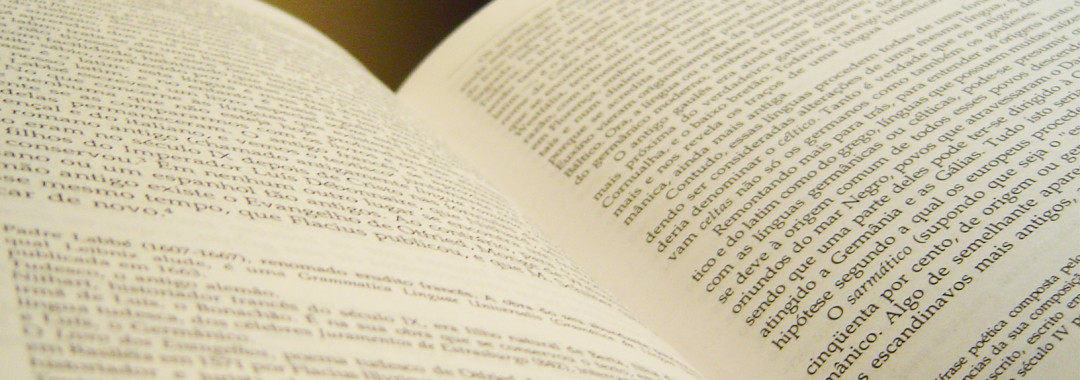When you file a bankruptcy, you must disclose to the court all of your assets (what you own), all of your debts, and your current income as well as income from previous years. When filing a Chapter 13 bankruptcy, you must also prepare a repayment plan. The repayment plan does not necessarily have to repay all of your debts, but there are certain debts that must be repaid in a Chapter 13. Our office will work with you to determine which debts must be repaid and we will work to get you the best repayment plan that we can. Prior to filing, you must also complete a credit counseling course.
After we have prepared your bankruptcy petition including all of your assets, debts, and income, we will file the petition with the bankruptcy court. Immediately after filing, the automatic stay prevents any of your creditors from taking any action to collect a debt against you or your creditors. About one month after the petition is filed, you and your attorney will attend a creditors’ meeting. This meeting is conducted by the trustee, and allows the trustee and any creditors to ask questions to clarify what you have stated in your petition. If the trustee sees a problem with the petition or the proposed plan, the will typically let our office know so that we can make the requested changes. Plans frequently change at the request of the trustee’s office, so you should not be upset if this happens in your case.
About one month after the meeting of the creditors, you will have a confirmation hearing. This hearing is designed to determine whether your proposed plan will be accepted by the court. This process is known as confirmation. If any issues raised by the trustee have not been resolved by confirmation, then either the hearing will be continued to work out the issues, or we will let the court decide if the changes need to be made. We almost always are able to work out any issues without the need for the court’s intervention.
Once the plan is confirmed, your payments will be set. At this point all you need to do is to make the payments on time every month for the specified amount of time. Most cases are paid through an income deduction order, meaning that you do not have to do anything, the payment is taken directly from your paycheck. However, if you change jobs, you will need to let our office know immediately so that you do not miss any payments. If you cannot make the payments, then your case may be dismissed and you will not receive a discharge.
If you make all of your payments, then you will receive a discharge, and you will never be required to repay the discharged creditors.

